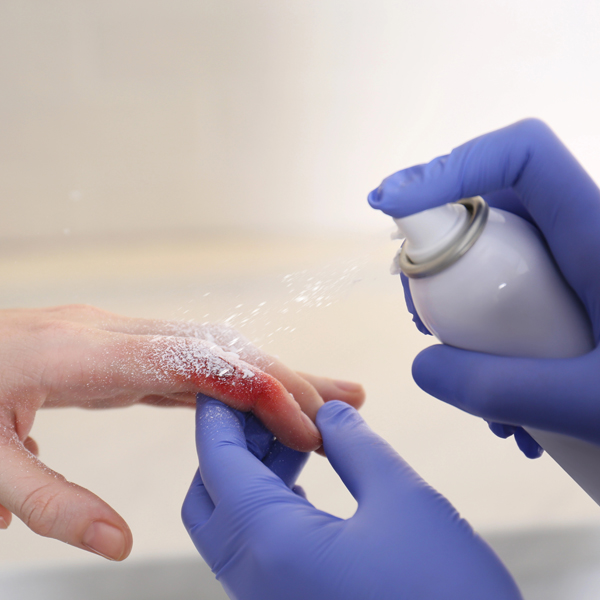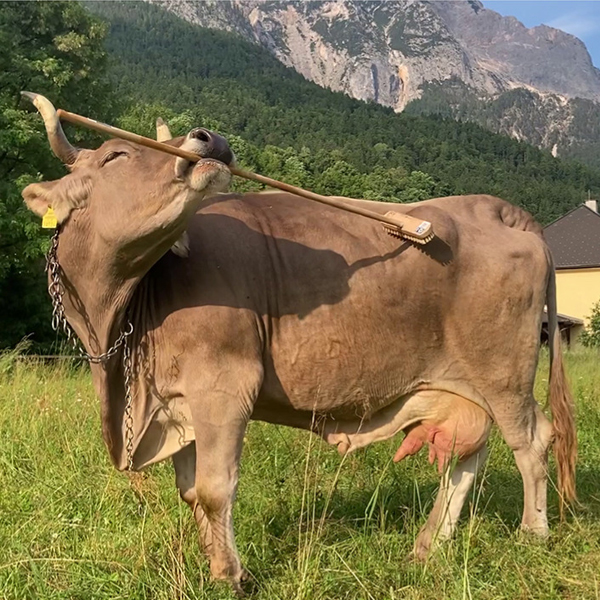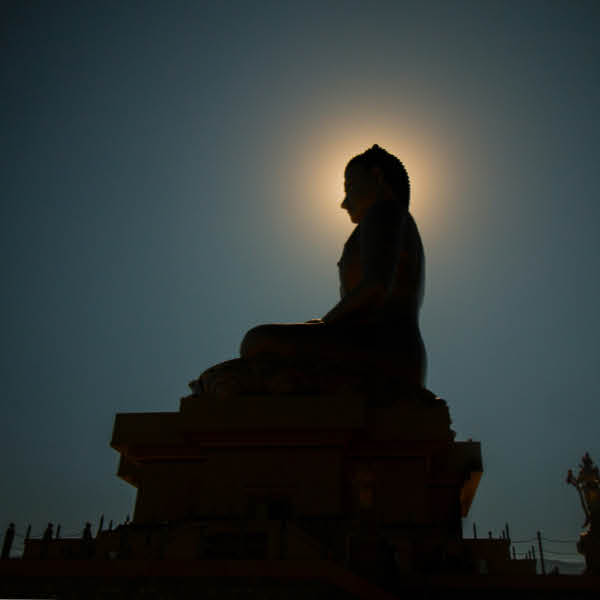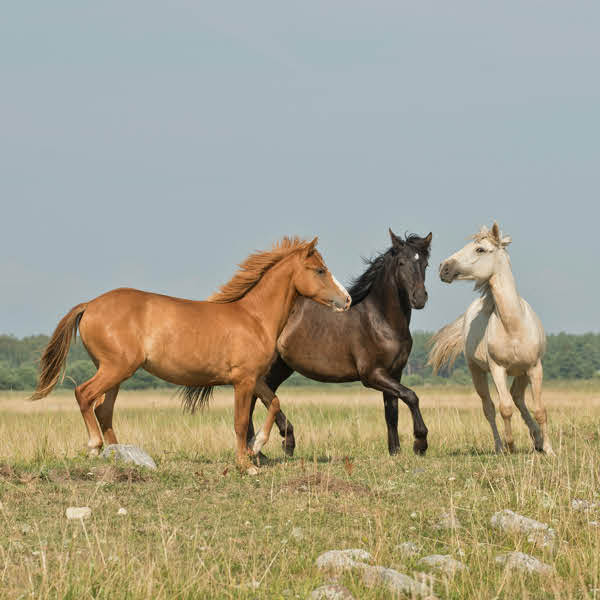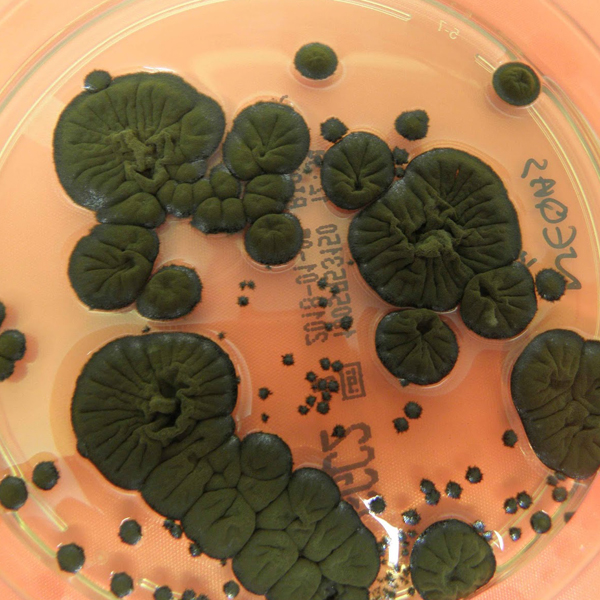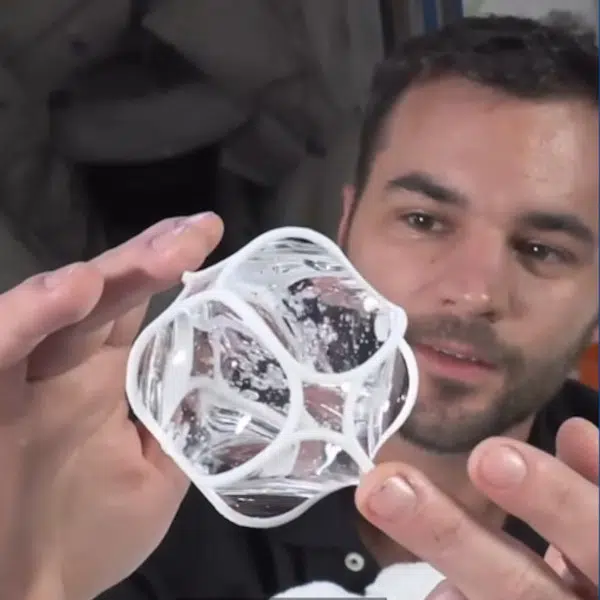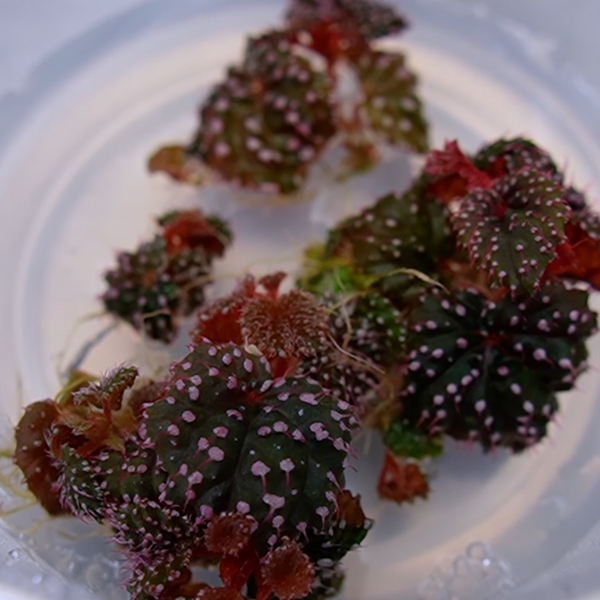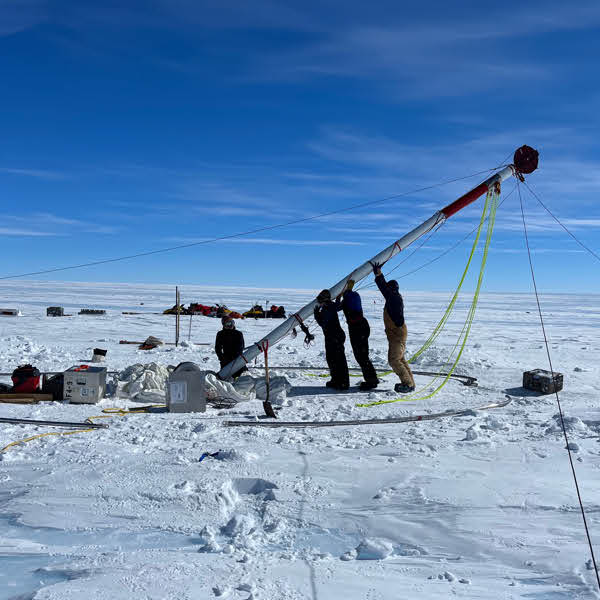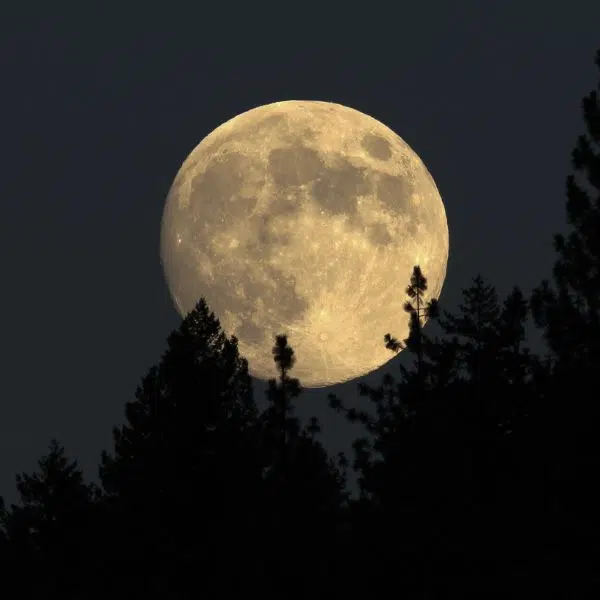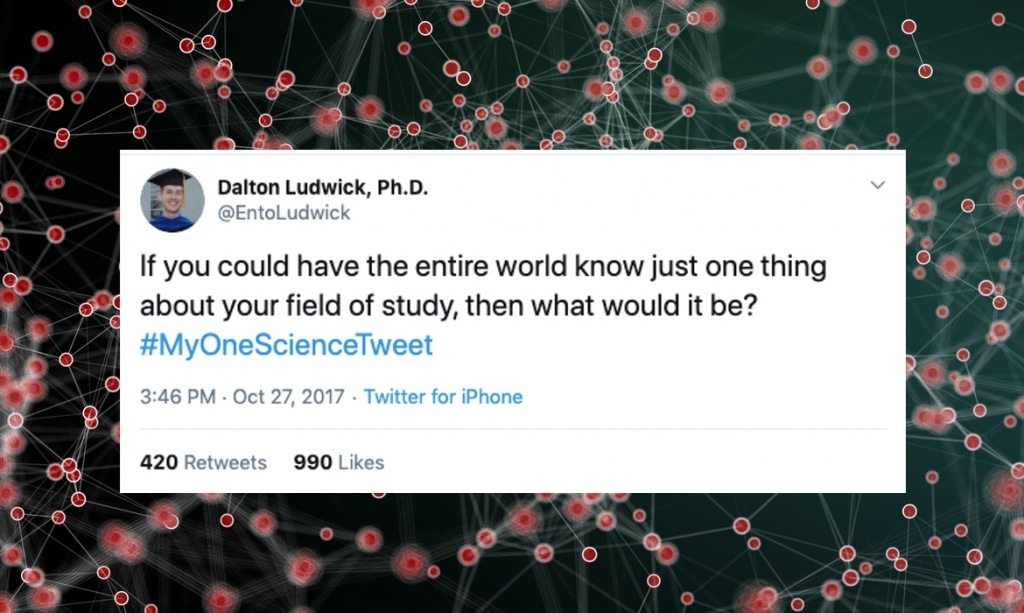
Scientists are some of the most brilliant minds in society, which can make what they do and what they know difficult for others to wrap their brains around. With that in mind, the Twitter hashtag #MyOneScienceTweet is encouraging scientists from all fields to share their knowledge with others. Started by entomologist Dalton Ludwick in 2017, it's turned into a fascinating thread for scientists to share facts, dispel myths, and shut down misconceptions.
Whether discussing important issues like climate change or reinforcing scientific facts around vaccines or simply having a laugh at everyday science blunders, the thread is a wealth of information. Two years later, #MyOneScienceTweet is as active as ever. For any layperson who was interested in picking the brain of a scientist, it's the perfect way to dive into the mysteries of the scientific world.
From physicists and biologist to linguists and anthropologists, there are a wide array of professionals who have chosen to represent their field publicly. Some facts will surprise you, while others will encourage you to investigate further.
Let's take a look at some of the interesting facts shared through the #MyOneScienceTweet on Twitter.
Sometimes we learn interesting scientific facts.
Although opinions on the exact numbers vary, at least 50% of the cells in your body are not actually human, they’re microbes. We all are more than 50% bacteria. #MyOneScienceTweet
— Laura Luebbert (@NeuroLuebbert) November 17, 2019
Some fungi have more than 20,000 sexes. But we can't tell them apart by how they look. Only the fungi know. #MyOneScienceTweet
— Vaillancourt Lab (@VaillancourtLab) October 30, 2017
5 billion people do not have access to #SafeSurgery when needed, making surgically treatable conditions responsible for over 17 million deaths every year, equaling more than 1 EVERY 2 SECONDS. #GlobalSurgery #SurgeryUHC #MyOneScienceTweet pic.twitter.com/WwlnPpfxtA
— Dominique Vervoort, MD (@DVervoort94) November 28, 2017
#MyOneScienceTweet
Diatoms are microscopic algae, so important to life on the planet that, if they disappeared, much of everything else would go as well. They comprise most of the phytoplankton in the ocean and periphyton in rivers. #godiatoms #diatoms https://t.co/ik1j65qZ7W— Angelcure (@angelcure) November 16, 2019
You benefit from the findings of climate science every day, whether or not you believe humans are causing climate change #MyOneScienceTweet https://t.co/9Tcm7hXPFY
— Rodrigo Bombardi (@Dr_Monsoon) October 28, 2017
Ichthyosaurs and Pterosaurs are NOT dinosaurs.
But this guy: and and and and and ARE all dinosaurs.#MyOneScienceTweet https://t.co/fg7NB1ryrU
— Dr Thomas Clements (@Thomas_Clements) October 30, 2017
Often we learn more about our own behavior.
When you accidentally swallow sea water while on holiday… this is what your consuming #MyOneScienceTweet pic.twitter.com/I6TqfNB2ce
— Rosie Horner (@rosieh0rner) November 2, 2017
Just because a psychological thing is connected to certain brain mechanisms doesn't mean it's hardwired or unchangeable. #MyOneScienceTweet https://t.co/cdSovuNusi
— Dr. Jens Foell (@fMRI_guy) October 29, 2017
Much of what we hold to be true now will be proved wrong in the future.
This is part of the process.#MyOneScienceTweet
— Andy MacLeod (@nailest) November 16, 2019
Once our basic physical needs are met, all misery and wellbeing is bound up in our relationships with one another. #MyOneScienceTweet
— Dr Robert Brooks (@RobBrooks77) November 17, 2019
Other times scientists are breaking down common misconceptions.
#Evolution is not improvement.
Evolution is not betterment.
Evolution is not progress.
Evolution is change. #MyOneScienceTweet pic.twitter.com/vlLlbI5nm2— David Moscato (@DMos150) October 30, 2017
There are over 200 types of cancer, and over 7 billion unique genetic codes on this planet that cause it.
There will never be a “cure” for cancer. #MyOneScienceTweet
— Amy Rice ♕ (@Rice_cakes1738) November 17, 2019
No one has ever gotten autism from a #vaccine but a lot have been saved from infectious #disease #MyOneScienceTweet
— Julie Old (@dasyuridae) November 16, 2019
#MyOneScienceTweet#Autism is a spectrum. This means that some people need a lot of assistance and others don’t. It’s still a valid diagnosis either way. It isn’t a #disease . It isn’t the end of someone’s future. It is a disability that many people live with.
— Chelsie Hart (@ChelsieMHart) November 16, 2019
Cochlear implants are tools, but do not “cure” deafness nor turns #deaf children into “hearing” people.
And #ASL American Sign Language does not interfere with/prevent English/spoken language development. #MyOneScienceTweet #DeafEd https://t.co/e8wOQTP0vi
— Kym Meyer (@KymPMeyer) November 17, 2019
Chemicals are not inherently bad for you. Literally everything is a chemical. #MyOneScienceTweet
— – (@pH14Anna) April 25, 2018
Not all bacteria are bad or cause infections. You need E. Coli in your gut. You can also be colonized and not show any symptoms. #MyOneScienceTweet https://t.co/BAZDVrgyaU
— Megan Greenwell (@megangreenwell1) November 17, 2019
There is no incorrect language or dialect. We arbitrarily judge the language used by those historically in power as being “correct.” This is why colonizer dialects (Spanish in Spain, English in England) are evaluated more highly.
#MyOneScienceTweet— Christian DiCanio (@ctdicanio) November 22, 2018
And every once in awhile, they even make us laugh.
Sulfites don't give you a headache when you drink wine! Alcohol does! #MyOneScienceTweet
— Jan Maxwell (@hintofthevine) November 19, 2019
Flies are NOT dirty – they spend more time cleaning themselves than humans.. #MyOneScienceTweet https://t.co/fYE0AwtqyB
— Dr Erica McAlister (@flygirlNHM) November 2, 2017
I don’t swim with dolphins at work. (And prefer ‘marine science’ to ‘marine biology’) #myonesciencetweet pic.twitter.com/k2q73sVclq
— Liti Haramaty (@LeeTeeK) November 17, 2019
Want to optimize something? See how Nature has been doing it.#MyOneScienceTweet #biomimetics https://t.co/uWqoPxbQRR
— Andre Eccel Vellwock (@AVellwock) November 17, 2019
Domestic cats are responsible for way, way, WAY more bird deaths than wind farms #MyOneScienceTweet
— Lesley Jamieson (@ElleJay49) November 16, 2019
Polar bears don’t live in Antarctica
Polar bears don’t live in Antarctica
Polar bears don’t live in Antarctica#MyOneScienceTweet https://t.co/nbMfKyGbYS— Dr. Michelle LaRue (@drmichellelarue) October 30, 2017
h/t: [IFLScience!]
Related Articles:
Scientists Show How They Were Able to Turn Back Time in New Study
Scientists Discover Way to Transform CO2 into Coal at Room Temperature
Scientists Around the World Are Planning a March for Science on Earth Day
Scientists Had a #CuteOff Competition on Twitter to Crown the Cutest Animal on Earth













































































